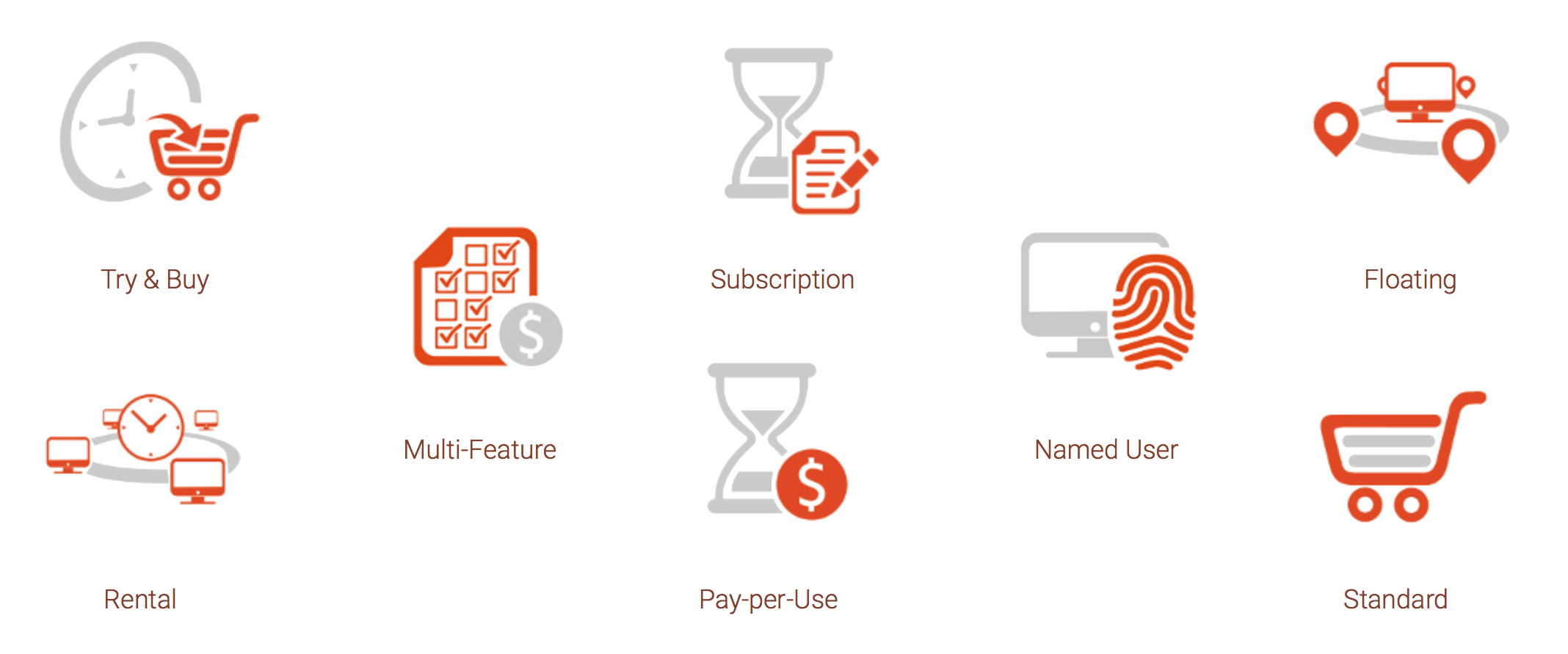

In this second article in our series on software licensing models, we’ll be looking at two more types of software license: Beta and Development. If you haven’t already done so, then we’d suggest you read the first article in the series as it has more detail about what software licenses are, how they are relevant to you and your business and it also covers the four ‘main’ types of software licenses which are available to you.
In this article we’ll be looking at the two types of license which are aimed at those vendors who have an interest in being at the forefront of software development and have the drive to be involved in the process of testing out new and cutting edge software. Both of these license types are essentially used to achieve the same goal; to help the software developer make their software as good as possible prior to release. There are however, some key differences: one is purely for testing whereas the other allows for development.
There are numerous advantages to being involved in software development; as a Vendor you have an opportunity to assess the software prior to release and aid in your final decision about whether or not to distribute it. It is also the case that where a production company establish a strong working relationship with a vendor through testing – this can lead to some excellent business opportunities further down the line.
When a piece of software under that is production is nearing its completion and it’s designers have completed their preliminary tests, they will often release a set number of Beta or Field Test licenses. These licenses are usually obtained by a pre-determined group of individuals or companies who have registered their interest in a product and who have expressed a desire to help with the process of testing. When you are granted a Beta license it is likely that the production company will require you to test certain capabilities of the software and then report back. A Beta license will often not grant you access to the full, complete software, instead you will be using software that may show its limitations.
As well as giving the production company feedback on their product – Beta licenses also enable you to have a preview of upcoming software, meaning that you are in an ideal position to answer any questions your customers may have about it, once the software has been released. As a Beta tester, you can gain a great deal of insight into how a piece of software works, a long time before it is available to buy.
A development license is granted by software developers to a set group of licensees who have an interest in developing the software themselves. There may be a pre-set criteria that the original developer would like to achieve, and rather than try and achieve this on their own, they grant development licenses to a set group of companies who then make changes to both the original software, and work to create compatible derivatives.
The actual ownership of the software and the subsequent derivatives varies from company to company and if you are going to start performing some development work yourself, it is worthwhile ensuring that you will not be working for free – with all of the ownership being taken by the original developer. Development licenses are a great way to have a significant input on new software, as well as building exciting add-ons for it, all of which can lead to greater sales for both you and the software developer.
Don’t be afraid to explore the world of software testing and development, as it has a lot to offer you as a vendor as well as your customers. It is an excellent way to build your business relationships and grow your business into new and exciting areas.
In the next few articles we’ll be covering the numerous licensing options which are designed to suit business users – see you then!
Image Credits: Labs64

Previous